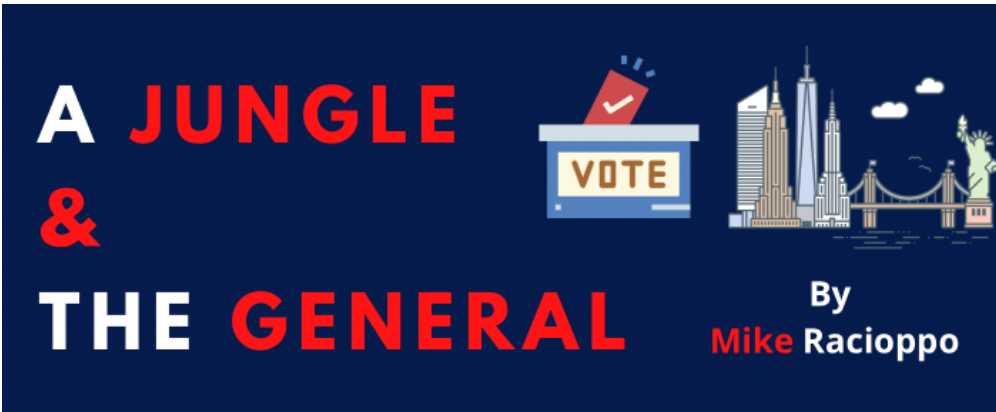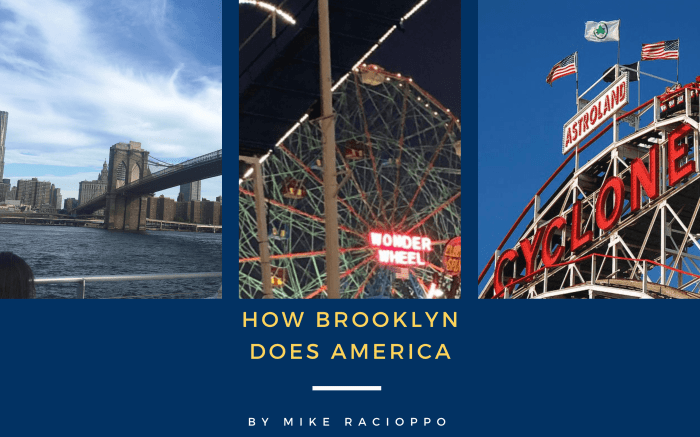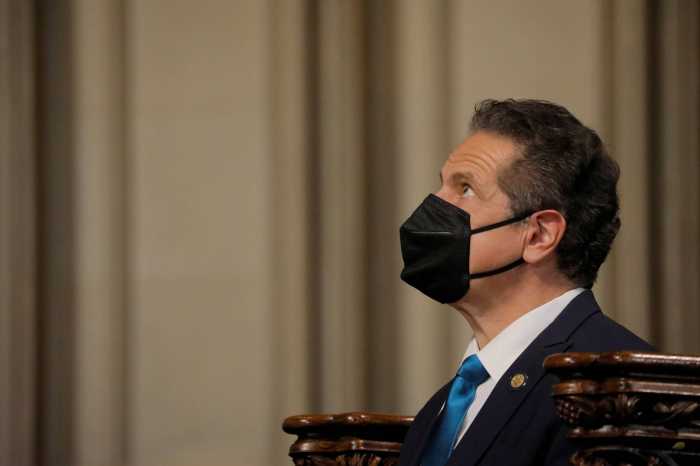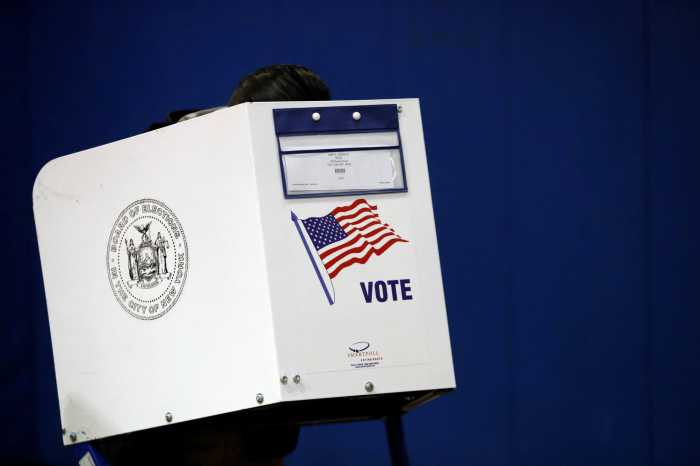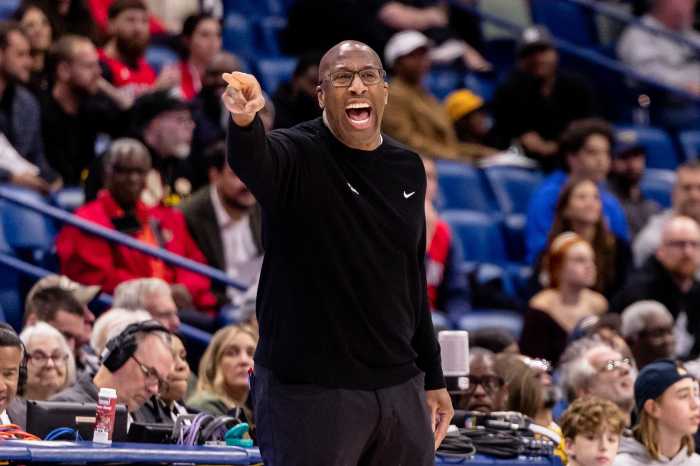There’s a lot of talk about the lack of unity and how we’re often so divided “these days.” Hardly a unique historical circumstance, but if you think back a few weeks, you’ll recall the moment New Yorkers stood as one to say how failed the board of elections remains; this time after forgetting to take a simulated vote total out of their vote tabulation system when releasing interim primary election results.
Well, that election is over, and now we can move past rancor and on to real questions about our electoral system. Questions like, did Rank Choice Voting (RCV) “work”? Were the louder voices, myself included, calling for reform reflective of a typical opinion? To find out, more broadly, what people are thinking, State Sen. Myrie, chair of the NY Senate’s Election Committee, held a hearing Wednesday, July 28th, to listen to NYC voters on this issue and suggestions for reforms. Some excellent ideas came from reform-minded district leaders that would lead to greater transparency and professionalization instead of the current opaque partisanship.
I feel, while my preferred candidate, Kathryn Garcia, came up just short, the RCV system worked well on its initial run. Accomplishing the elimination of separate and costly runoff elections was itself a success. However, working well is not to say there isn’t room for improvement. My preference is to switch to non-partisan primaries (aka jungle primary), with the top 2 finishers facing off in a November general election. This would allow ALL registered voters to have a say, creating an incentive for candidates to appeal to as many New Yorkers as possible instead of only as many registered Democrats as possible.
If this had been applied for the 2021 election, we’d likely have a Garcia vs. Adams election in November. In such a scenario, I think Adams would likely win, but I think it’s good for any mayor to gain the support of as many people as possible and thus be accountable to more voters. You may read that and say, “What about the Republicans and Curtis Sliwa”? He would participate, but the reality is that he’s got no chance, and if you look at the turnout for Republicans in NYC outside of Staten Island, they can’t even come close to winning a single borough. The politics have changed quite a bit since the Giuliani and Bloomberg days.
There’s also a precedent of our city’s electoral system changing based on the partisan realities of the times, and we should continue the fine-tuning. The precedent I’m referring to is that starting in the 1973 election, we had a runoff system triggered when no candidate received over 40%of the primary vote. The runoff system was implemented due to a concern that a candidate who was lacking broad enough appeal would go on to lose the general election, as happened when Mario A. Procaccino, a Democrat, won the primary with 33 percent of the vote but was later defeated by John V. Lindsay, who ran on the Liberal-Fusion line in 1969.
Some will respond to this and say that I’d be betraying my fellow progressives and our policy objectives. I beg to differ, and if NYC is, as it should, be at the vanguard of progressivism, we need to make sure these policies, such as better public transportation and affordable housing, are explained and framed in ways that people understand are in our best interests. This failure to stay true and convincing is part of the reason Rudy Giuliani won in 1993 when he promised to keep our most “socialistic” commuter option free. What was that free commuting option? The Staten Island Ferry.
I hardly think people voting for Rudy in 1993 thought they were supporting a single socialistic policy. I don’t care what people call it. Better policies for more people is the goal, and I think Open primaries would get us there with more people having a meaningful say, regardless of whether they registered in a certain party.


